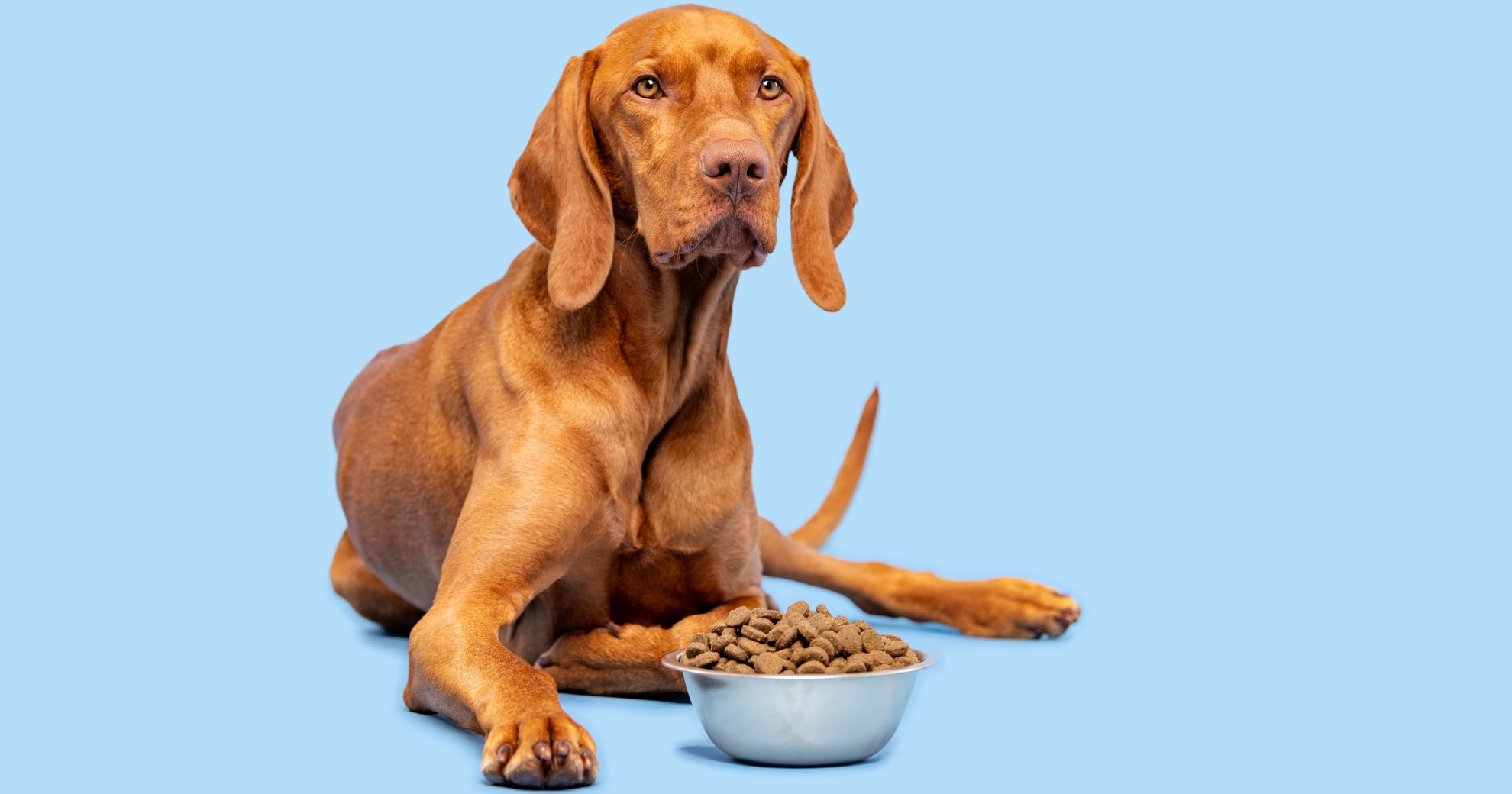NUTRITION & DIET

VOTING BOOTH

TRENDING

LIONS FOUNDATION OF CANADA DOG GUIDES
Lions Foundation of Canada Dog Guides and its founding program, Canine Vision Canada, was established in 1983. It’s the largest school of its kind in Canada with its training school in Oakville and breeding facility in Breslau.
TIPS FOR DOG NUTRITION

Ensuring proper nutrition for your dog is crucial for their overall health and well-being. Here are some tips to help you provide the best nutrition for your furry friend:
- Balanced Diet
- Complete and Balanced:
Look for commercial dog foods labelled “complete and balanced” by PFAC (Pet Food Association of Canada). This ensures the food meets nutritional standards. - Variety:
Incorporate a variety of proteins (chicken, beef, fish), vegetables, and grains in your dog’s diet to provide a range of nutrients.
- High-Quality Ingredients
- Whole Foods: Choose foods with whole, natural ingredients rather than those with fillers, by-products, and artificial additives.
- Protein Sources: Ensure that the primary ingredient is a high-quality protein source like chicken, beef, or fish.
- Portion Control
- Follow Guidelines:
Feed your dog according to the guidelines on the food packaging, adjusting for their age, weight, and activity level. - Avoid Overfeeding:
Overfeeding can lead to obesity and related health issues. Measure out food portions and avoid free-feeding.
- Fresh Water
- Constant Supply:
Ensure your dog always has access to fresh, clean water. - Hydration:
Monitor your dog’s water intake, especially during hot weather or after exercise.
- Avoid Harmful Foods
- Toxic Foods:
Avoid feeding your dog chocolate, grapes, raisins, onions, garlic, xylitol (found in some peanut butters and sweets), alcohol, and caffeine. - Human Food:
Be cautious with table scraps and human food, as many can harm dogs.
- Treats and Snacks
- Healthy Treats:
Choose healthy, low-calorie treats. Treats should not exceed 10% of your dog’s daily caloric intake. - Natural Options:
Consider natural treats like carrots, apple slices (without seeds), and green beans.
- Special Dietary Needs
- Life Stages:
Adjust your dog’s diet based on their life stage (puppy, adult, senior) to meet their specific nutritional needs. - Health Conditions:
If your dog has specific health issues (allergies, kidney disease, diabetes), consult your vet for a specialised diet.
- Regular Vet Visits
- Check-Ups:
Schedule regular vet check-ups to monitor your dog’s health and get professional dietary advice. - Weight Management:
Discuss your dog’s weight and diet with your vet to ensure they maintain a healthy weight.
- Homemade Meals
- Balanced Recipes:
If you prefer cooking for your dog, use balanced recipes that provide all the necessary nutrients. - Vet Consultation:
Consult with a veterinarian or a pet nutritionist to ensure homemade meals meet your dog’s nutritional needs.
- Gradual Changes
- Slow Transition:
When switching foods, do so gradually over a week to avoid digestive upset. Mix increasing amounts of the new food with the old food each day.
- Supplements
- Vet Approval:
Only use supplements as recommended by your vet, since unnecessary supplementation can cause health issues. - Common Supplements:
Omega-3 fatty acids for skin and coat health, glucosamine for joint health, and probiotics for digestive health are commonly recommended.
- Monitor Your Dog’s Condition
- Coat and Skin:
A healthy, shiny coat and clear skin usually indicate good nutrition. - Energy Levels:
Consistent energy levels and overall vitality are good indicators of proper nutrition. - Stool Quality:
Regular, firm stools indicate a balanced diet and good digestive health.
By following these tips, you can help ensure your dog maintains a healthy and balanced diet, leading to a long, happy, and active life.Top of Form
![]() Ask your veterinarian for advise on the best diet to meet the needs of your dog. Your veterinarian can recommend food with a specific nutrient profile to help support one or more of your dog’s age-related conditions. Find a veterinarian near you.
Ask your veterinarian for advise on the best diet to meet the needs of your dog. Your veterinarian can recommend food with a specific nutrient profile to help support one or more of your dog’s age-related conditions. Find a veterinarian near you.
Related Articles


side_slide2
side_slide1






